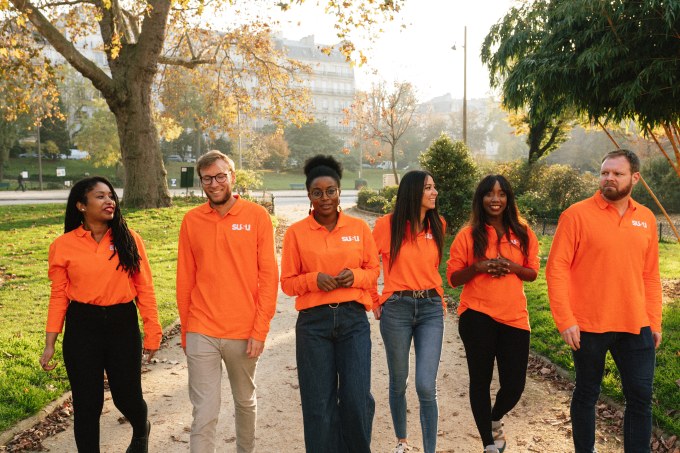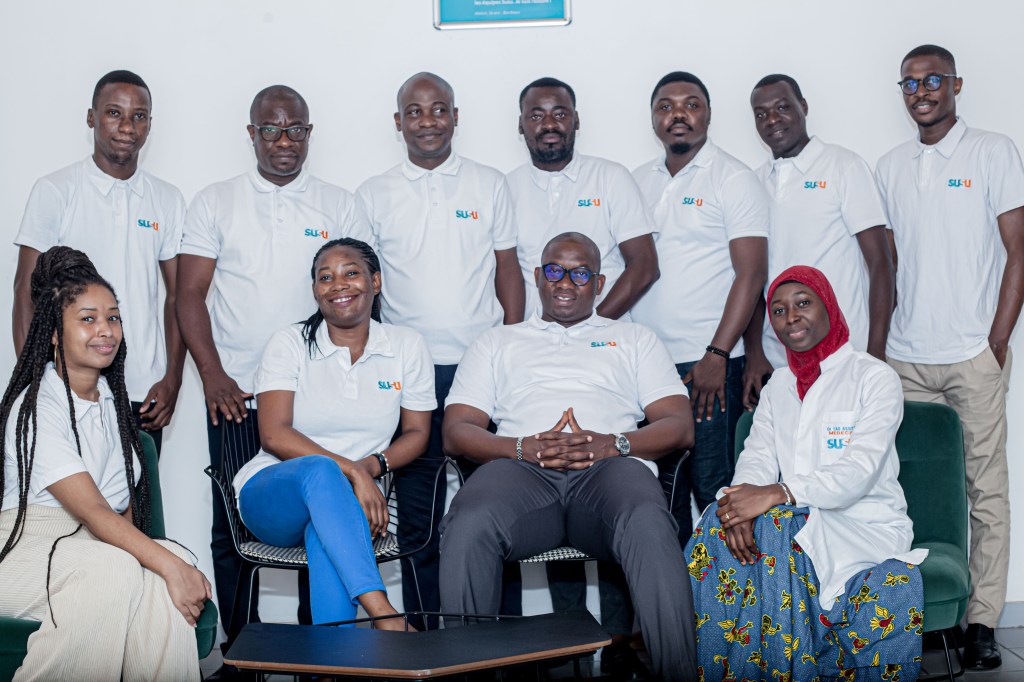More Africans now suffer from chronic diseases such as diabetes and hypertension than ever before. A growing population and lifestyle changes, especially around urbanization and food habits, are significant factors that contribute to this sharp rise.
This isn’t an issue in developed markets, as healthcare systems change with the times to adequately provide healthcare when necessary. But in Africa, that’s not the case, as most people do not have access to quality healthcare due to the ill-equipped nature of hospitals and lack of insurance.
Healthtech startups across Africa, such as Ivory Coast- and French-based Susu are stepping up to fill this need. And in a bid to continue providing affordable and accessible healthcare for its customers in Ivory Coast, Senegal and Cameroon, the Ivorian startup is being backed with $1 million in pre-seed funding.
The equity raise saw participation mainly from angel investors, as the company also raised $1.2 million in debt and grant financing from BPI France, the French government’s public investment bank.
Bola Bardet founded the company with Laurent Leconte (CTO) and Sandrine Egron (COO) after losing her father to complications from a chronic health condition due to poor management.
“My father died in 2017 after he had a heart issue in Benin and could not be saved. The health issue was a complication from his hypertension that was poorly managed,” Bardet told TechCrunch over a call. “At that moment, I was finishing my MBA at HEC Paris and the goal I set for myself was to try to prevent that happening to other people, maybe that will be something good that I can do in my life.” So that’s how the story started.”
Having worked in a luxury firm, as an investment banker at JP Morgan and her own consulting firm, Bardet decided to start Susu in 2019.

Susu offers care packages or bundles to patients suffering from chronic diseases like diabetes and hypertension and pregnant women who require careful management to ensure their conditions are monitored and get the preventative advice to live the best way with their conditions.
According to a few reports, the medical insurance penetration rate is less than 3% in Africa. While insurtech incumbents and upstarts such as CarePay and Reliance Health try to make insurance readily available for the rest of the market via partnerships with companies or by enabling weekly to monthly subscription charges, users are still required most times to pay out of pocket.
That’s where Susu tends to be different. In addition to allowing patients to finance their bills, Susu proposes a collective financing solution where family members living locally or in the diaspora can also help patients finance their monthly subscription fees via care bundles. Care bundles are basically medical calendars composed of doctor consultations, nurse visits, medical advice sent by SMS and a combination of other medical activities for patients.
“A survey we carried out proved that family members are used to helping and supporting sick family relatives, and they are willing to do so. So it’s something that is already done today, let’s say informally in our countries,” said the chief executive on the company’s strategy to allow family members of patients to pay for the healthcare of their loved ones. “So these are the possibilities that are offered and we are today contemplating the possibility of having NGOs or government-funded programs contribute to the bundles, but it’s long term.”
With this model, Susu faces fresh competition from companies like Techstars-backed Fleri. The U.S.-based company allows immigrants to send money directly to services their families need back home. However, Susu’s approach is pretty unique, Bardet says. According to her, the company targets solely insurance, not a bunch of services, and provides a financial escape for those who can’t afford it.
The product seems to have resonated well with its 5,000-strong customer base, which grew 5x last year. Revenue also increased more than 400% in 2021, the company said.
“I have been following Susu since the beginning of the project. And I see its huge potential, focused on building a solution to provide access to affordable healthcare in Africa through technology,” said Christopher Neves, one of Susu’s angel investors who has several years of experience working with multinational insurance companies.
Susu intends to grow its team and introduce new features with its recent funding. Bardet also said the company would launch its services across six more countries in sub-Saharan Africa, including Nigeria and Ghana.































Comment